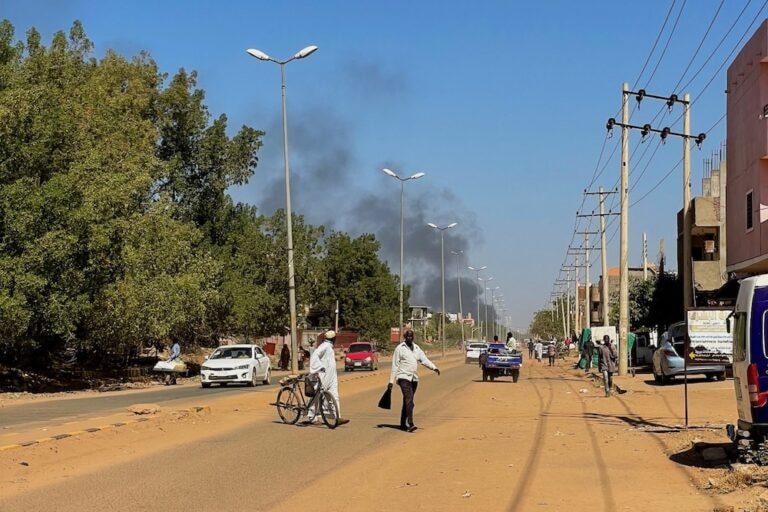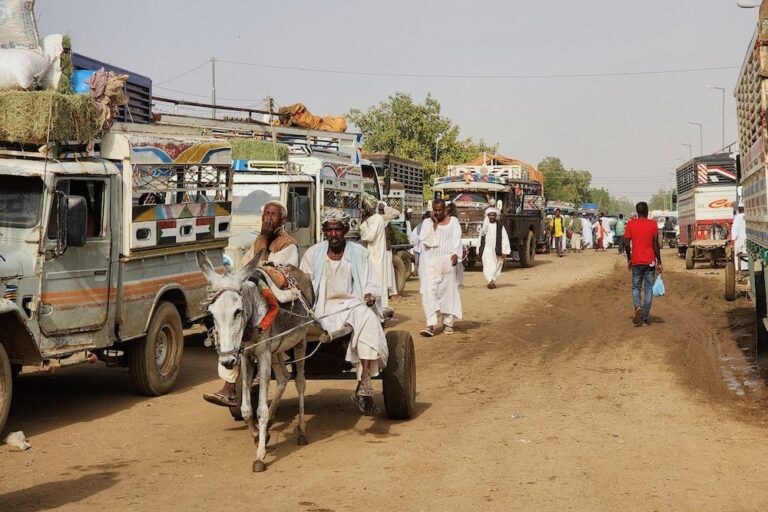(RSF/IFEX) – Reporters Without Borders has called on President Omar Al Bashir to guarantee there will be no recurrence of a 12-day wave of censorship of Khartoum-based daily newspapers, the end of which was announced by one of his vice-presidents on 18 September 2006. Announcing the termination of the exceptional measures adopted against a total […]
(RSF/IFEX) – Reporters Without Borders has called on President Omar Al Bashir to guarantee there will be no recurrence of a 12-day wave of censorship of Khartoum-based daily newspapers, the end of which was announced by one of his vice-presidents on 18 September 2006.
Announcing the termination of the exceptional measures adopted against a total of seven newspapers between 6 and 18 September, Vice-President Ali Osman Mohamed Taha expressed regret for the censorship but offered no assurances that it would not be repeated.
The seven privately-owned, Arabic-language dailies that were affected by the censorship measures were “Al-Ayam”, “Al-Adwoaa”, “Al-Sudani”, “Alwan”,”Al-Sahafa”, “Ray-Al-Shaab” and “Al-Wataan”. The measures included orders not to print certain articles and confiscation of entire issues.
When police seized all the copies of “Al Sudani” as they came off the press on 9 September, they claimed this was necessary for the safety of journalists after the 6 September murder of Mohamed Taha, the editor of the privately-owned daily “Al Wifaq” (see IFEX alerts of 7 September 2006 and 12 May 2005). A senior security official said that because “the deceased is a journalist” any “emotional” reporting about the case could “hurt the investigation.”
But local journalists said the censored articles dealt not only with Taha’s murder but also developments liable to embarrass the Sudanese authorities, such as the use of force to disperse protests in Khartoum on 30 August and 6 September and the ongoing wrangle between President Bashir and the UN about resolution 1706 on Darfur.


